The Great British Gin Awards 2016
Country Life has tasted the best gins the country has to offer, and can now reveal the winner and the runners up of the Great British Gin Awards 2016
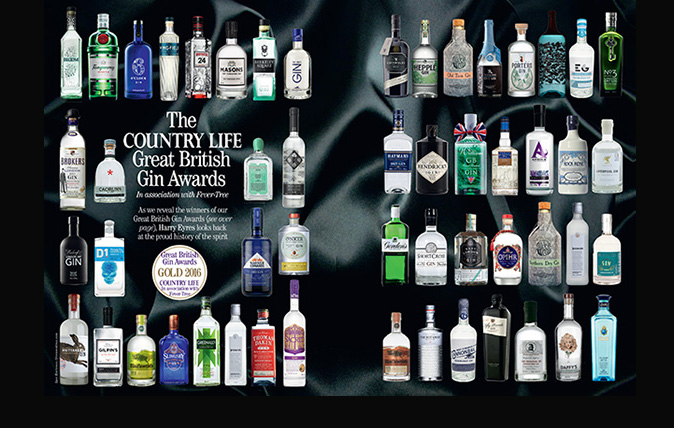

This year Country Life held our inaugural Great British Gin Awards, with an exhaustive tasting, followed by an awards ceremony at The Ritz London
Gin has been through many ups and downs in its history, from excessive popularity in the early 18th century (when annual per capita consumption was 30 bottles and the artist William Hogarth created his famous print Gin Lane, satirizing the social ills caused by over-consumption) to falling out of fashion in the 1970s and 1980s.
It’s now fashionable once more, with the younger crowd as much as the more mature; not only that, but small-batch producers are springing up all over the UK, from Herefordshire and Northern Ireland to the Shetland Isles, making this perhaps the most exciting era in the whole history of this spirit.
However, speaking of gin without tonic is rather like referring to Morecambe without Wise or Crosse without Blackwell. The juniperflavoured spirit found its perfect partner almost by accident; it was the malaria-defeating properties of quinine, then a major ingredient of tonic, that made a mix of tonic, gin and lime popular with British soldiers and officials in India in the 19th century.
Quinine was derived from the bark of the cinchona tree, native to parts of South America, whose medicinal properties were discovered by the Incas and other indigenous cultures. So concerned were the British and Dutch to secure supplies of cinchona bark that they smuggled seeds out of South America and planted them in their Asian colonies.
The view of a British surgeon, writing in 1897, was that ‘to England, with her numerous and extensive Colonial possessions, [the cinchona bark] is simply priceless; and it is not too much to say, that if portions of her tropical empire are upheld by the bayonet, the arm that wields the weapon would be nerveless but for Cinchona bark and its active principles’.
Or, as Winston Churchill rather more succinctly put it, ‘the gin and tonic has saved more Englishmen’s lives, and minds, than all the doctors in the Empire’. Interestingly, having been replaced by synthetic substitutes, natural quinine is making a comeback. One artisanal brand sources its quinine from a particular plantation on the Rwanda/Congo border.
Sign up for the Country Life Newsletter
Exquisite houses, the beauty of Nature, and how to get the most from your life, straight to your inbox.
Lime, the essential garnish to a gin and tonic, was also introduced for medicinal reasons, in this case to counter scurvy. Thus, like many great creations, gin and tonic, the perfect aperitif for a summer evening— or indeed many other times—came about by a series of happy accidents, but its history is by no means over. Gin is finally coming into its own as a high-quality, distinctive spirit worthy of comparison with cognac, Armagnac and malt whisky, with artisanal producers emphasising the character of different botanicals and, in some cases, distilling their own base spirit. Gin is on the up.
And the winner is… Fifty Pounds London Dry The judges were unanimous in finding this gin beautifully balanced, full and satisfying. The aromas were fragrant, fresh, youthful and harmonious, with the juniper, citrus and earthy notes in perfect balance. There was richness in the mouth, but also a gentle aftertaste. The general feeling was that this was an excellent all-round gin, equally suited to the classic gin and tonic, mixed in a variety of cocktails (as long as they didn’t swamp its subtle flavour) or taken on its own or with water. Tasted—blind, of course—last in quite a long sequence, it more than held its own in high-flying company. A worthy winner.
Runners-up Tarquin’s Handcrafted Cornish This gin, generally described as ‘full, big and warm’, also found much favour with the judges. In terms of aromas, full juniper was backed up by citrus notes, with a hint of sage. For one judge, bright citrus was dominant; for another, this evoked the scents of a riverbank. On the palate, this was an extremely clean, pleasant gin, with enough power to put its distinctive stamp on a gin and tonic or to cut through other flavours in a relatively complex cocktail. This is another great all-rounder, well suited both to partnerships and for solo drinking because of its considerable fullness and power. Above all, this was a gin we found fulfilling and satisfying in terms of the balance of aromas and flavours.
Cotswolds Dry Here was a truly unusual and distinctive gin. For one judge, the aromas—suggesting a pine forest as well as juniper—positively leapt from the glass, noticeable from several feet away. Other judges detected orange and lemon notes, together with a suggestion of lavender. A distinctive trait is that this gin acquires a light cloudiness when water or tonic is added, because the essential oils are unfiltered. Power and exuberance —and, for one judge, an ‘upfront femininity’ —were to the fore; for another judge, this was ‘big, bold and brash’ in a generally positive sense. We all agreed that this was a gin brimming over with personality—not for the faint-hearted, but, for one judge at least, ‘powerful with joy’. Certainly an intense gin of excellent quality. Judges: Mark Hedges, Andrew Love, Craig Harper, Rupert Ponsonby and Harry Eyres
Gold medal winners ShortCross Small-Batch Gin Nicely balanced on the nose, fresh and clean, but also intriguingly spicy. There’s a lot going on here—rich, warm, masculine and powerful on the palate. Perhaps just a little lacking in subtlety
Blackwood 2012 Vintage Dry 60% Pale colour. More juniper than citrus; very fresh, pine-forest aromas. Beautifully delicate and soft on the palate. Lovely rounded balance with citric freshness—a really delightful, subtle gin that combines well with tonic
Berkeley Square Strong herbal aroma, mainly juniper, but also a hint of lavender and basil. A very clean gin, smooth and drinkable. Very attractive and subtle, with everything in harmony and perfect for those who prefer less powerful and assertive flavours
Williams GB Gin (Chase Distillery) Attractive zestiness on the nose, juniper backed by citrus and spice. The citrus aromas are quite strong and almost sharp, but lead to a rounded palate and nicely judged dry finish. Satisfying and excellent with tonic
Warner Edwards A fascinating nose, with mint, orange peel and marzipan as well as juniper. Gently orangey, but muscular. There is power and a beautiful balance —no exaggerated flavours —with hints of orange marmalade; oily, reassuring and in harmony
Edinburgh Cannonball Navy Strength The real taste of gin, with juniper punch and citrus notes plus attractive spice. Very smooth on the palate, with no harsh aftertaste. Good on its own and with water or tonic
Liverpool Gin Lots of orange and other citrus notes and spice on the nose, perhaps too much at first, but settled well with water and even better with tonic, resulting in a gentle, well-balanced flavour. Excellent gin, especially if you like this spicy character
Foxdenton 48 London Dry A wonderful spicy nose. Soft and easy on the palate, with a refreshing finish and a long, lingering aftertaste. Excellent quality—perhaps on the sweeter side
Country Life is unlike any other magazine: the only glossy weekly on the newsstand and the only magazine that has been guest-edited by HRH The King not once, but twice. It is a celebration of modern rural life and all its diverse joys and pleasures — that was first published in Queen Victoria's Diamond Jubilee year. Our eclectic mixture of witty and informative content — from the most up-to-date property news and commentary and a coveted glimpse inside some of the UK's best houses and gardens, to gardening, the arts and interior design, written by experts in their field — still cannot be found in print or online, anywhere else.
-
 What's a 'wellness village' and will it tempt you back into the office?
What's a 'wellness village' and will it tempt you back into the office?The team behind London's first mixed-use ‘wellness village’ says it has the magic formula for tempting workers back into offices.
By Annunciata Elwes
-
 'To exist in this world relies on the hands of others': Roger Powell and modern British bookbinding
'To exist in this world relies on the hands of others': Roger Powell and modern British bookbindingAn exhibition on the legendary bookbinder Roger Powell reveals not only his great skill, but serves to reconnect us with the joy, power and importance of real craftsmanship.
By Hussein Kesvani
-
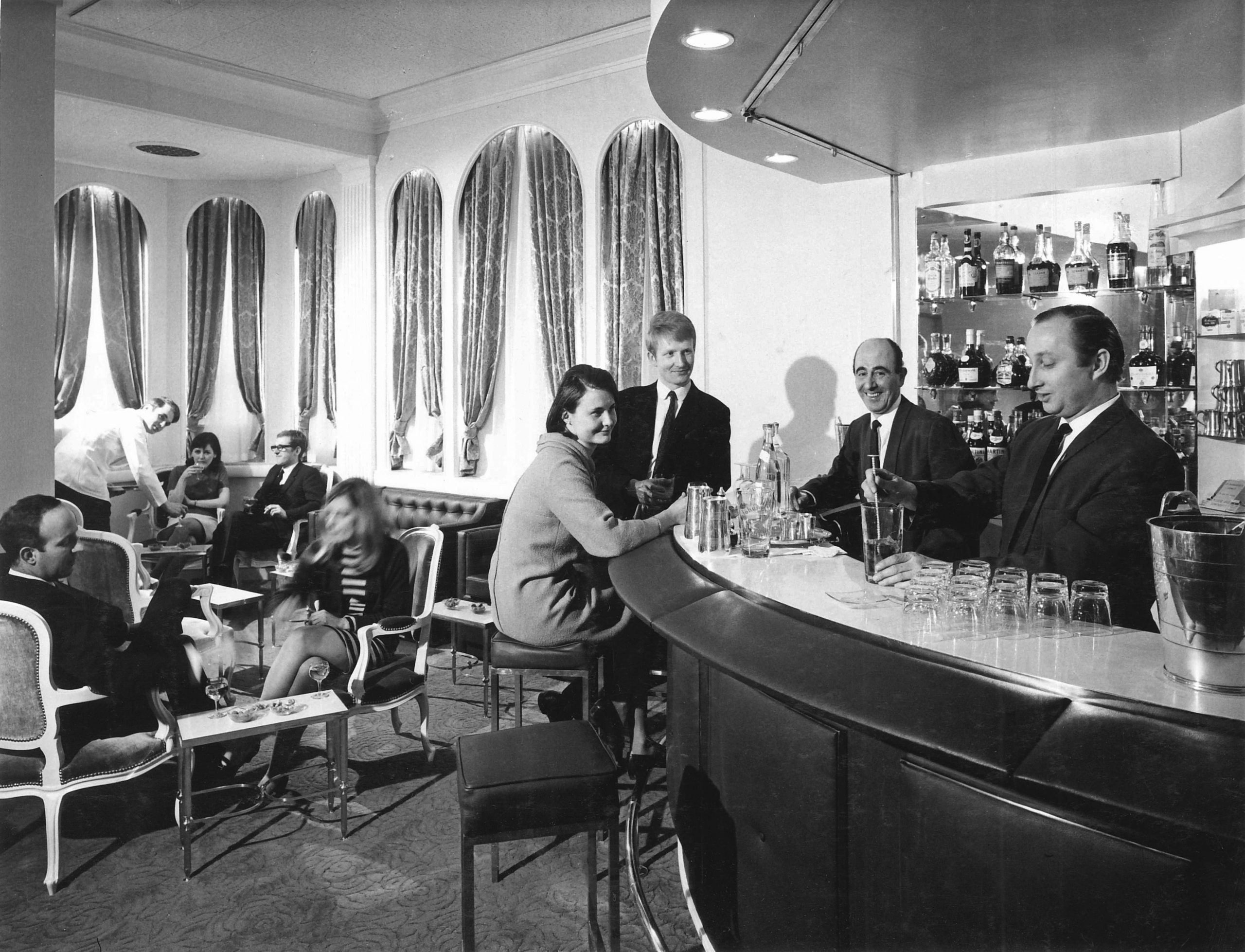 The iconic American bars in London perfect for lifting a Thanksgiving cocktail
The iconic American bars in London perfect for lifting a Thanksgiving cocktailGlamorous American bars were once a familiar sight in London, catering to US and British citizens alike, but only two of the historic ones remain. On the eve of Thanksgiving, Robert Crossan goes in search of both.
By Rob Crossan
-
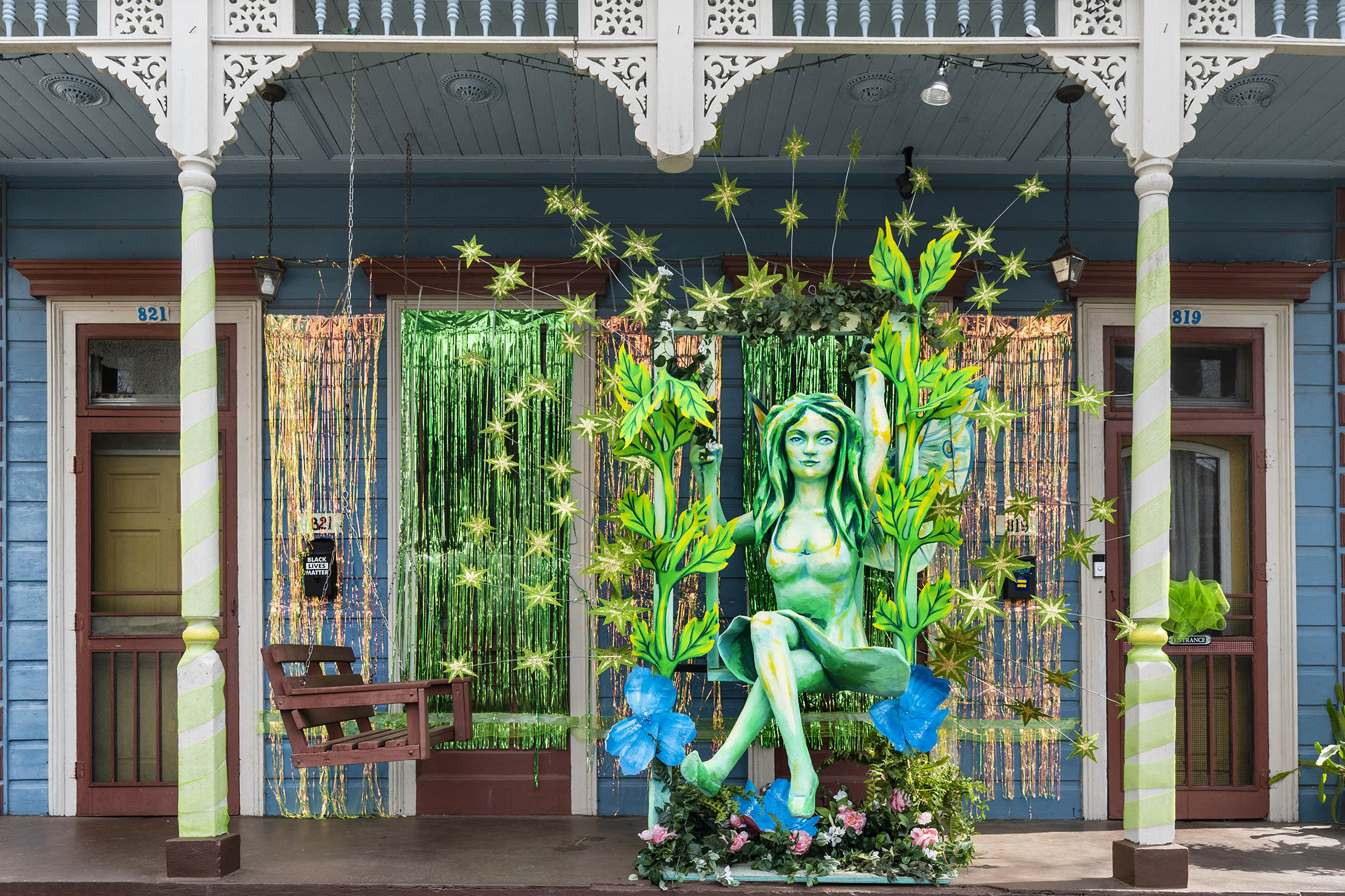 Curious Questions: Why was absinthe banned?
Curious Questions: Why was absinthe banned?Absinthe is almost unique among alcoholic spirits for having been outlawed in even some of the world's most liberal countries — but how did that happen? Martin Fone traces back the story to find the tales of debauchery, hallucination and even murder that once gave the drink its bad name — and looks at how it's returned to prominence.
By Martin Fone
-
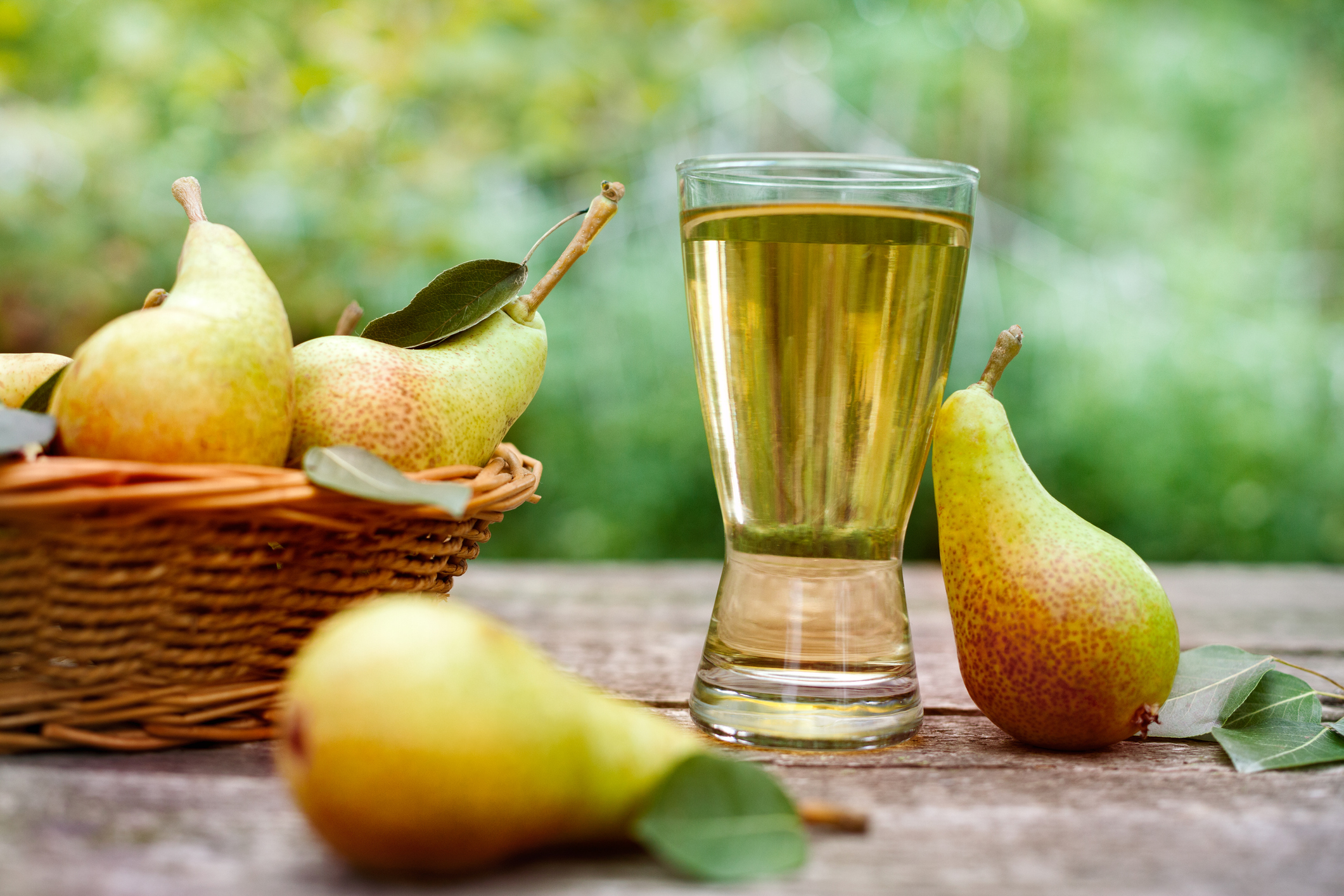 Perry: The pear cider dubbed 'the English champagne' that's been an English passion for centuries
Perry: The pear cider dubbed 'the English champagne' that's been an English passion for centuriesNot to be confused with cider, the art of perry-making is more than a craft — it’s an English passion. Ben Lerwill meets some of our best producers of fermented pear juice.
By Ben Lerwill
-
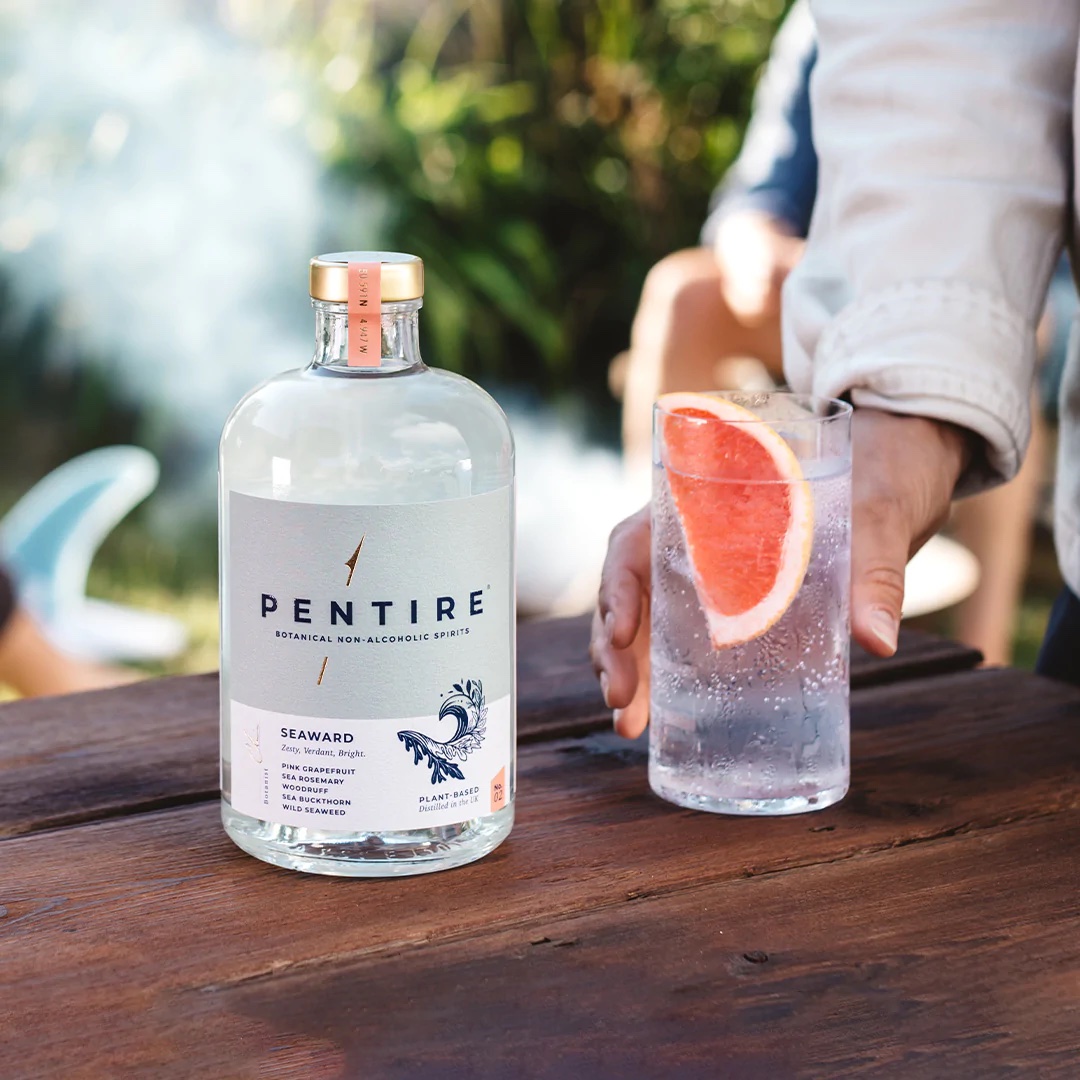 Seven of the best non-alcoholic spirits to help get you through Dry January
Seven of the best non-alcoholic spirits to help get you through Dry JanuaryWhether you’re doing it for health reasons or simply for a New Year’s challenge, giving up alcohol isn’t necessarily all that easy. To help you on your way, the Country Life office put a variety of non-alcoholic spirits to the test. Here’s what we found.
By Rosie Paterson
-
 Hangover cures from some of Britain's greatest writers
Hangover cures from some of Britain's greatest writersFrom Hemingway to Wodehouse, we reveal the hangover remedies of literary greats.
By Emma Hughes
-
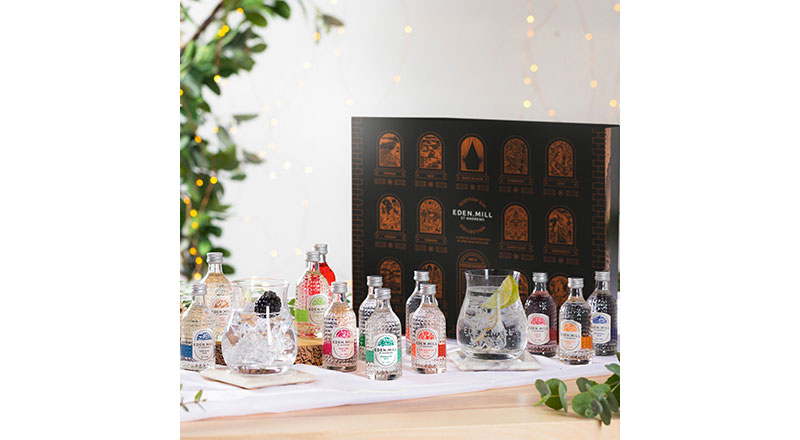 Christmas drinks gift guide: Best gin, best whisky, beer and more for the festive season
Christmas drinks gift guide: Best gin, best whisky, beer and more for the festive seasonWhether you're keen to pour your own draft beer, drink Cotswolds whisky or enjoy a raft of different gins, we've got you covered.
By Toby Keel
-
 How to decant wine — and why
How to decant wine — and whyIs your decanter gathering dust at the back of a cupboard? If so, says Harry Eyres, it’s high time you started using it to breathe more life into your wine.
By Harry Eyres
-
 Curious Questions: What is it REALLY like giving up alcohol for a lifelong lover of fine wine?
Curious Questions: What is it REALLY like giving up alcohol for a lifelong lover of fine wine?Sobriety is easier and more interesting than it used to be, finds Giles Kime, who has spent the past year exploring the unanticipated delights of alcohol-free beer.
By Giles Kime